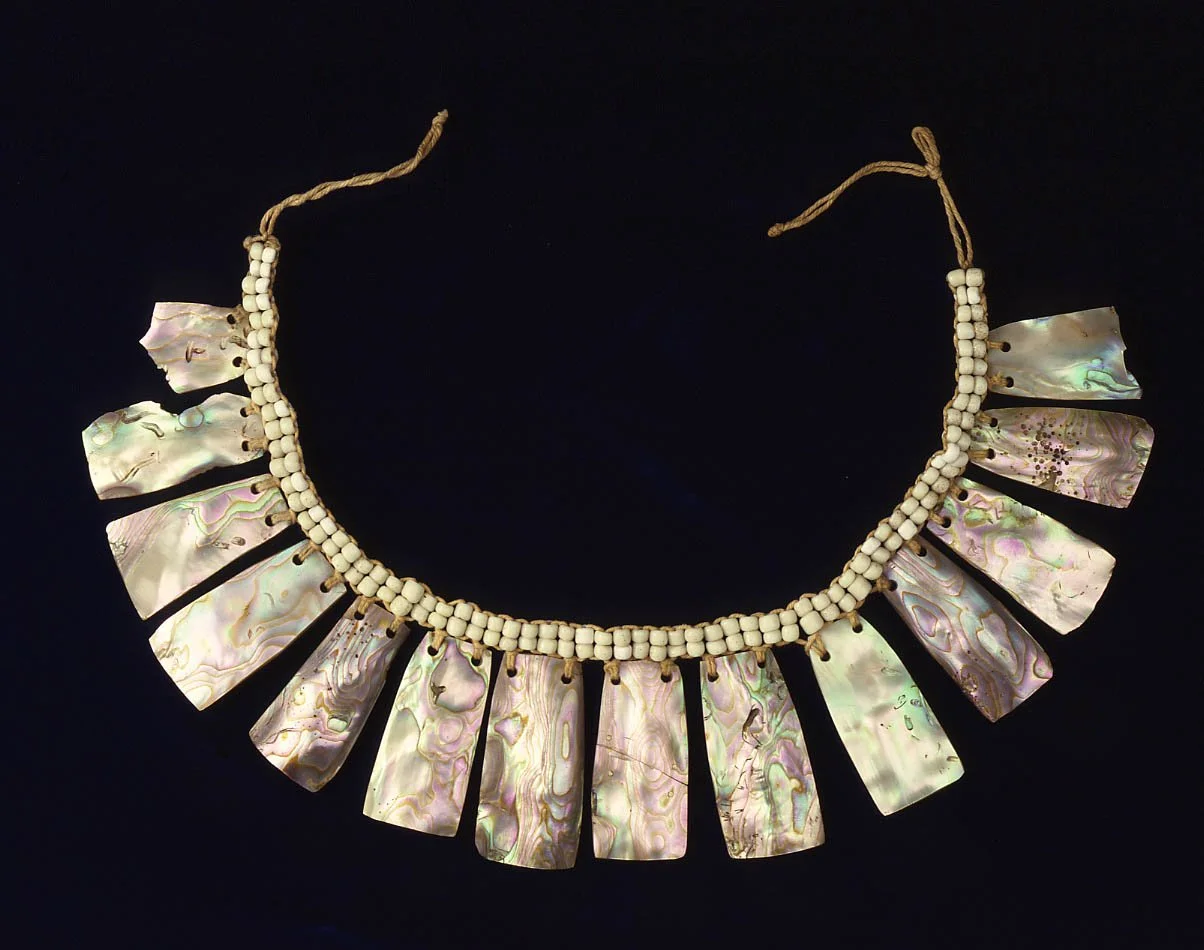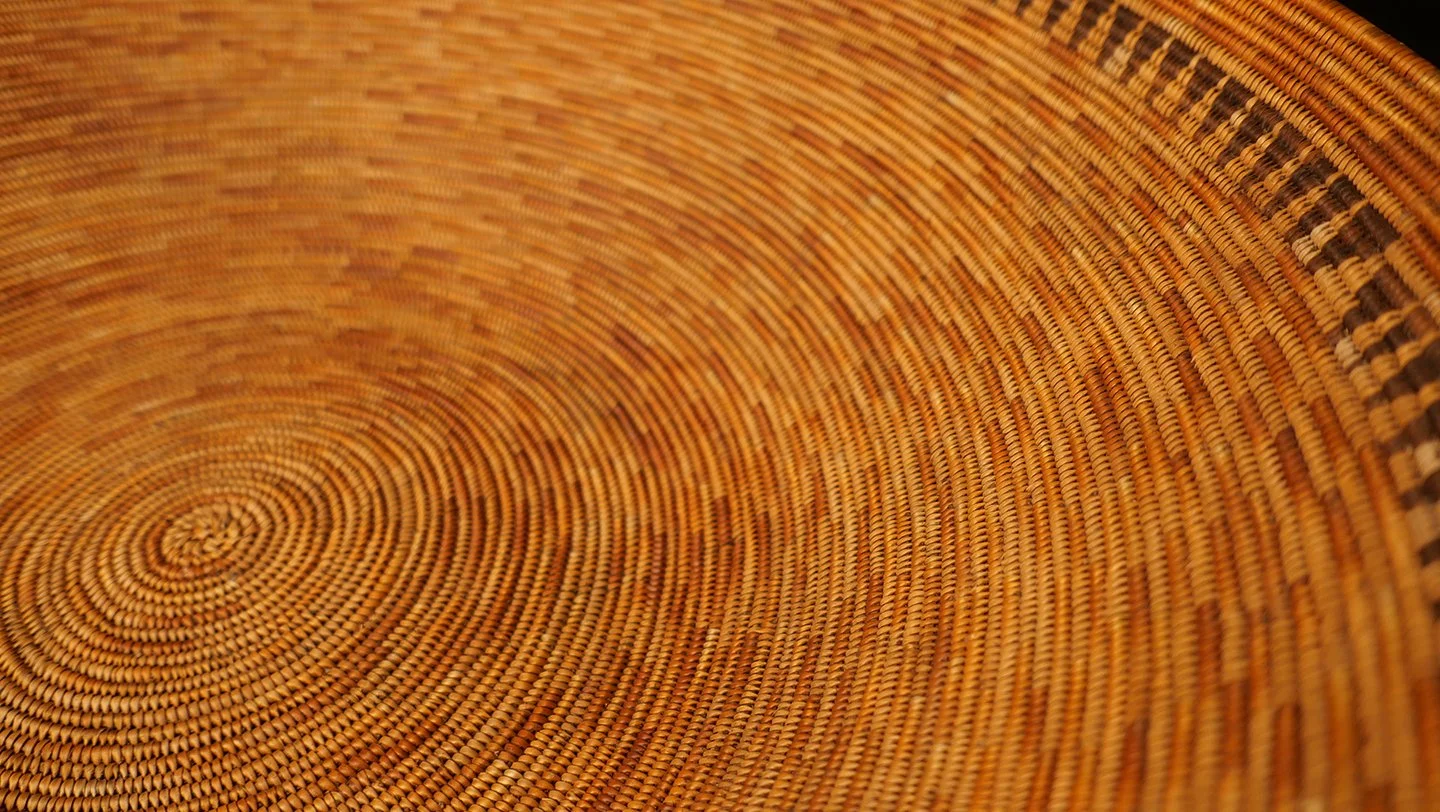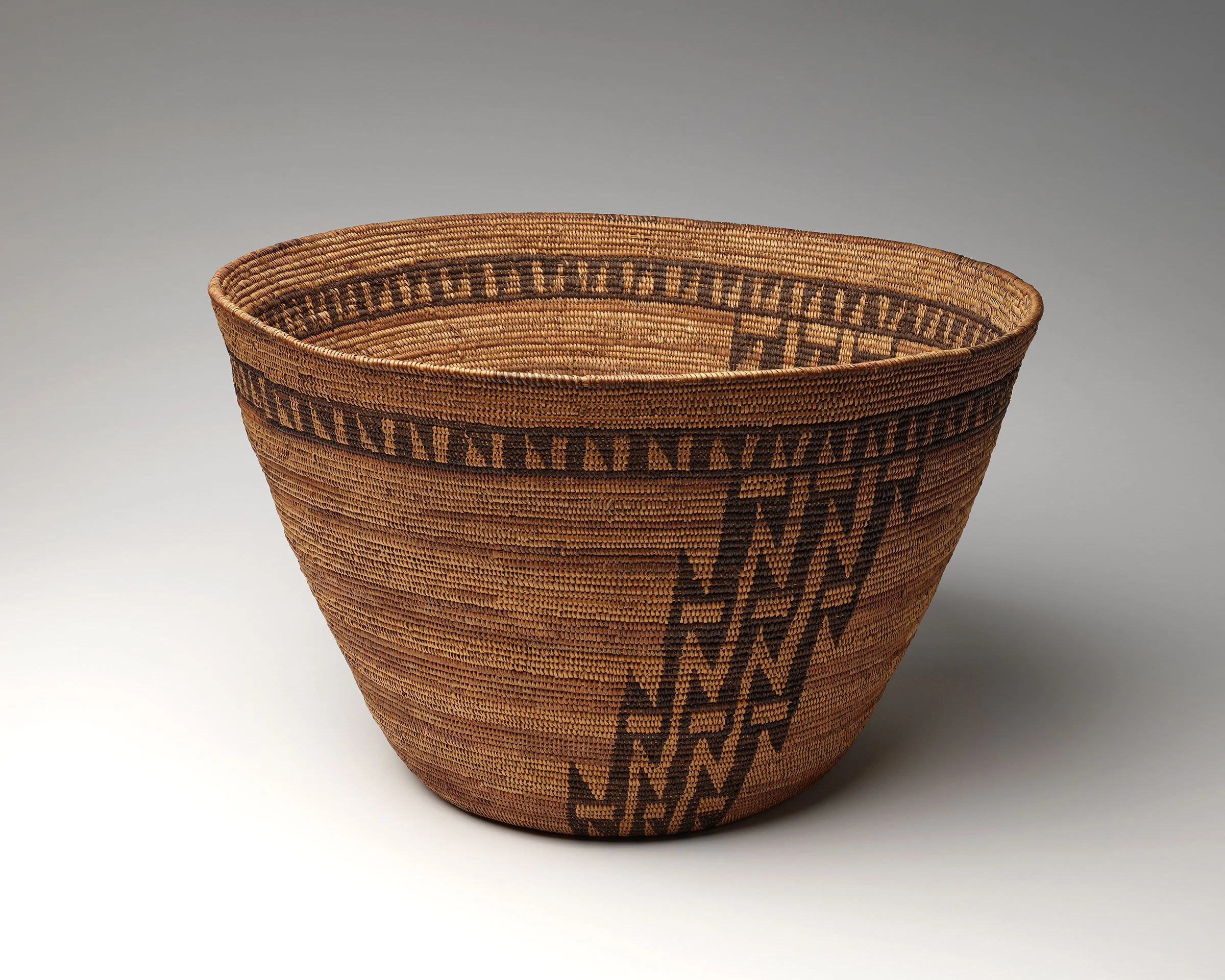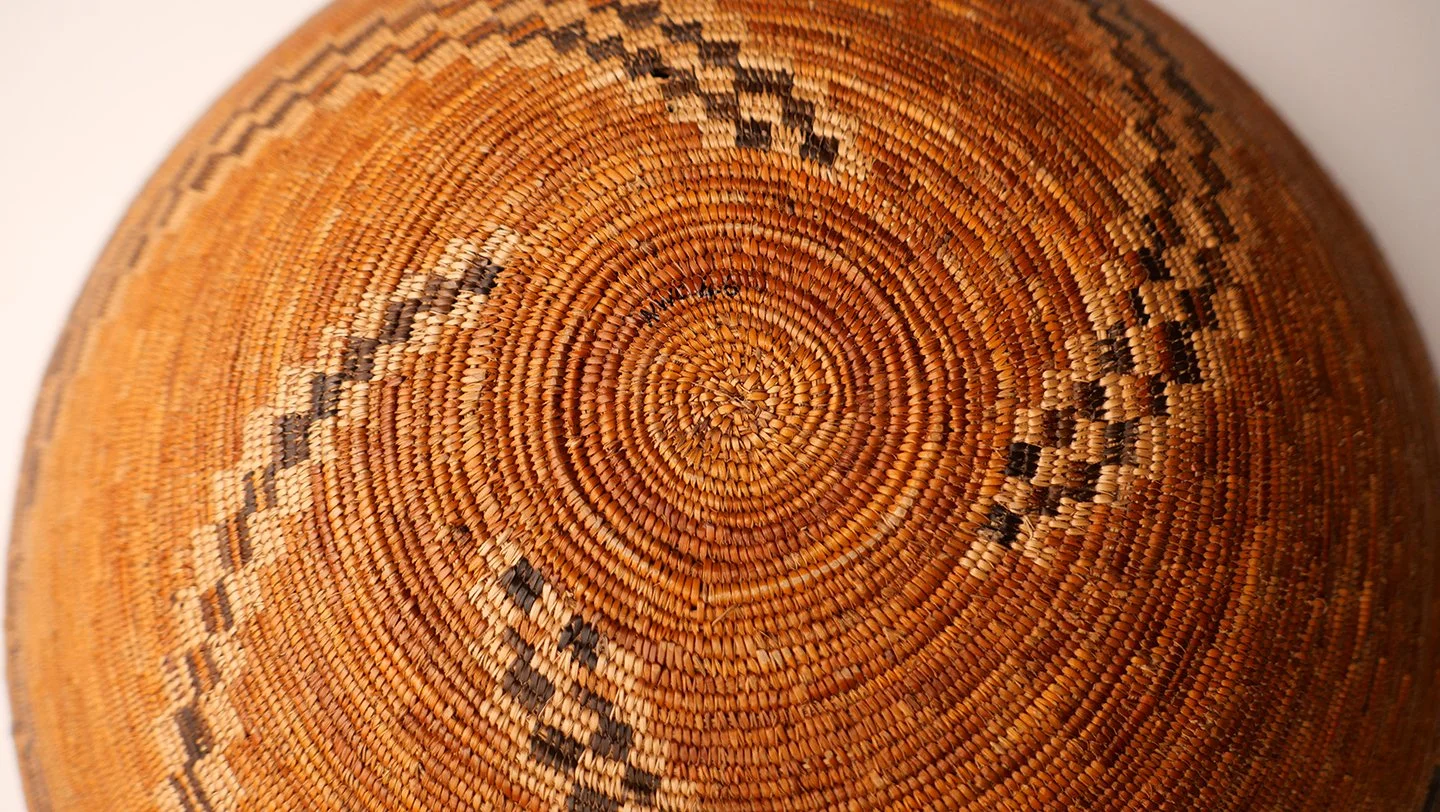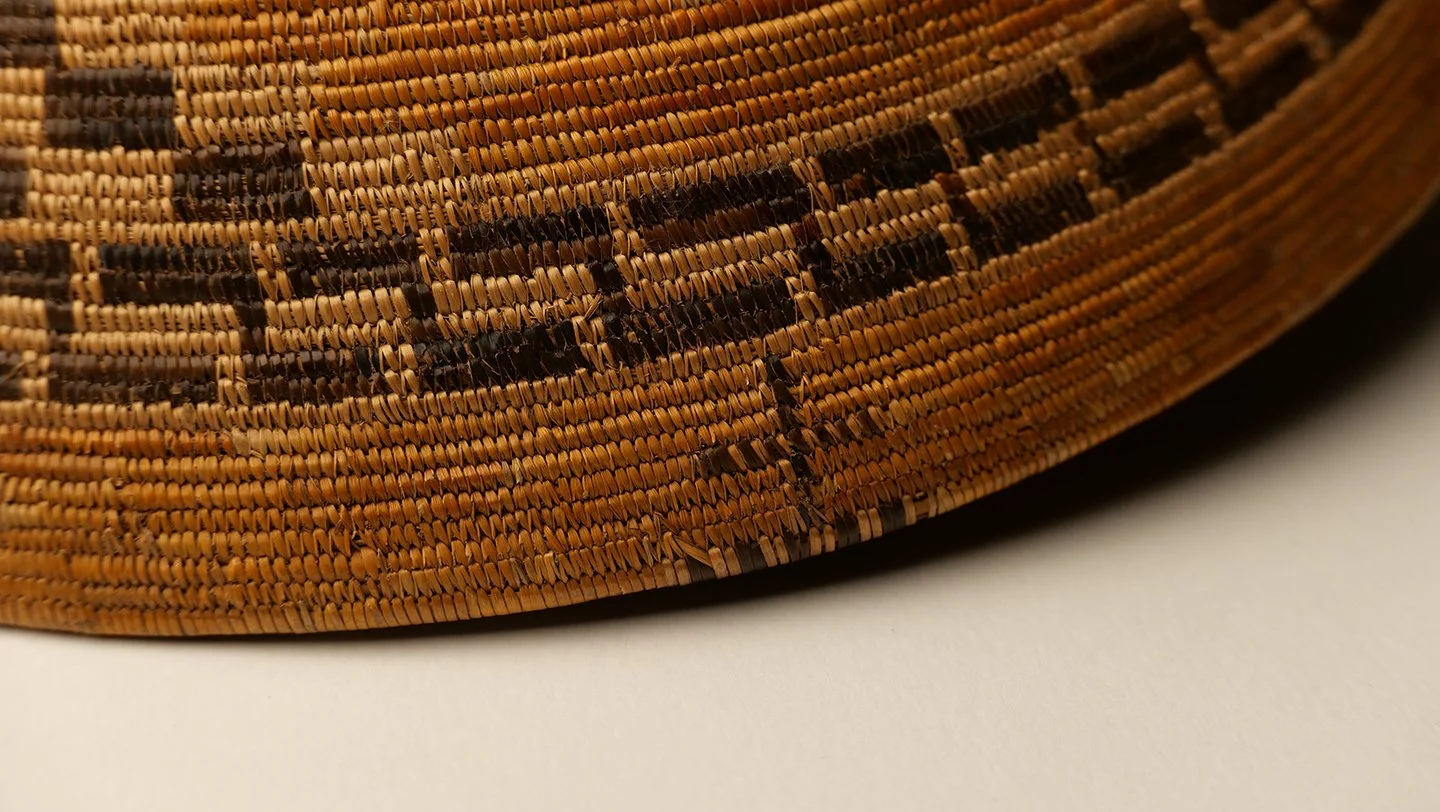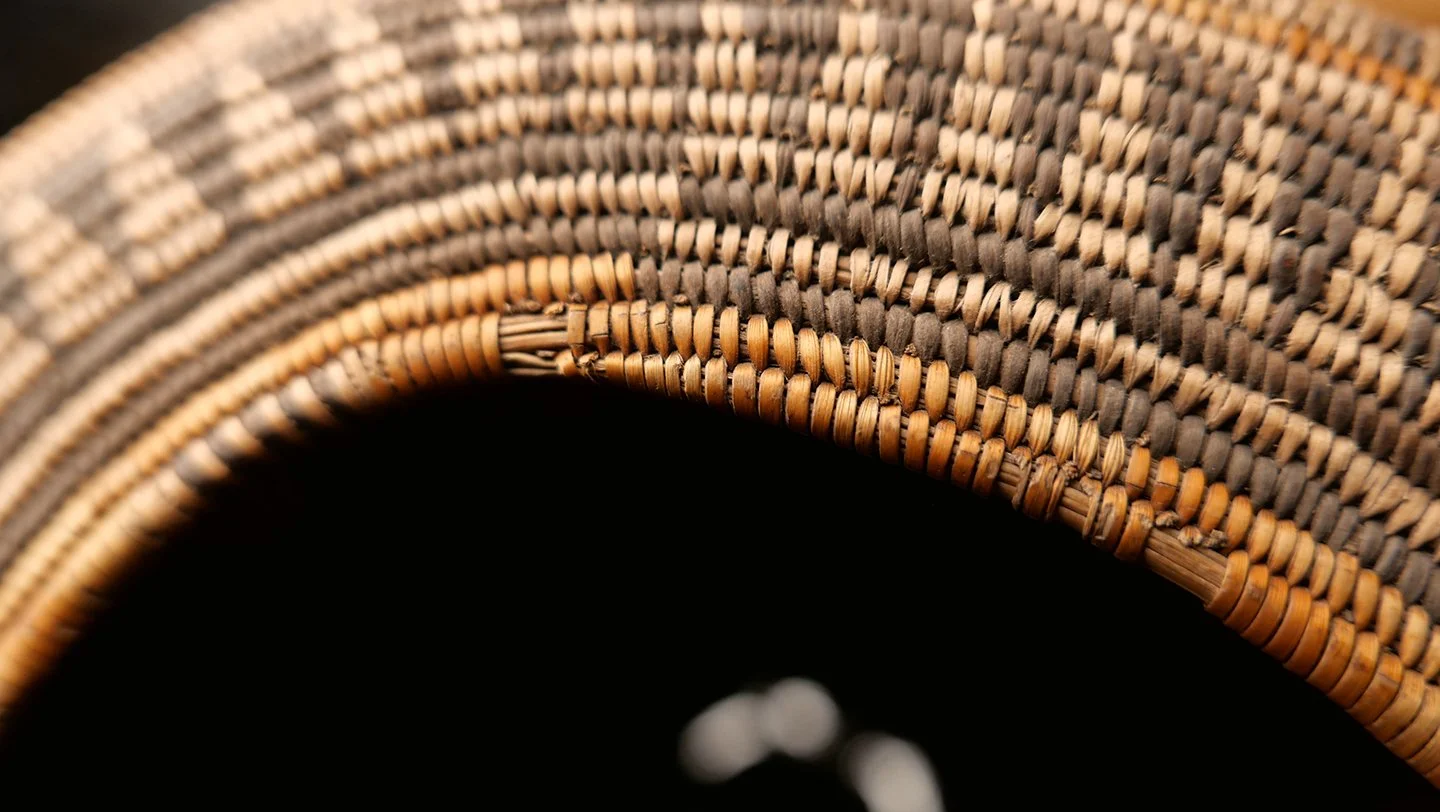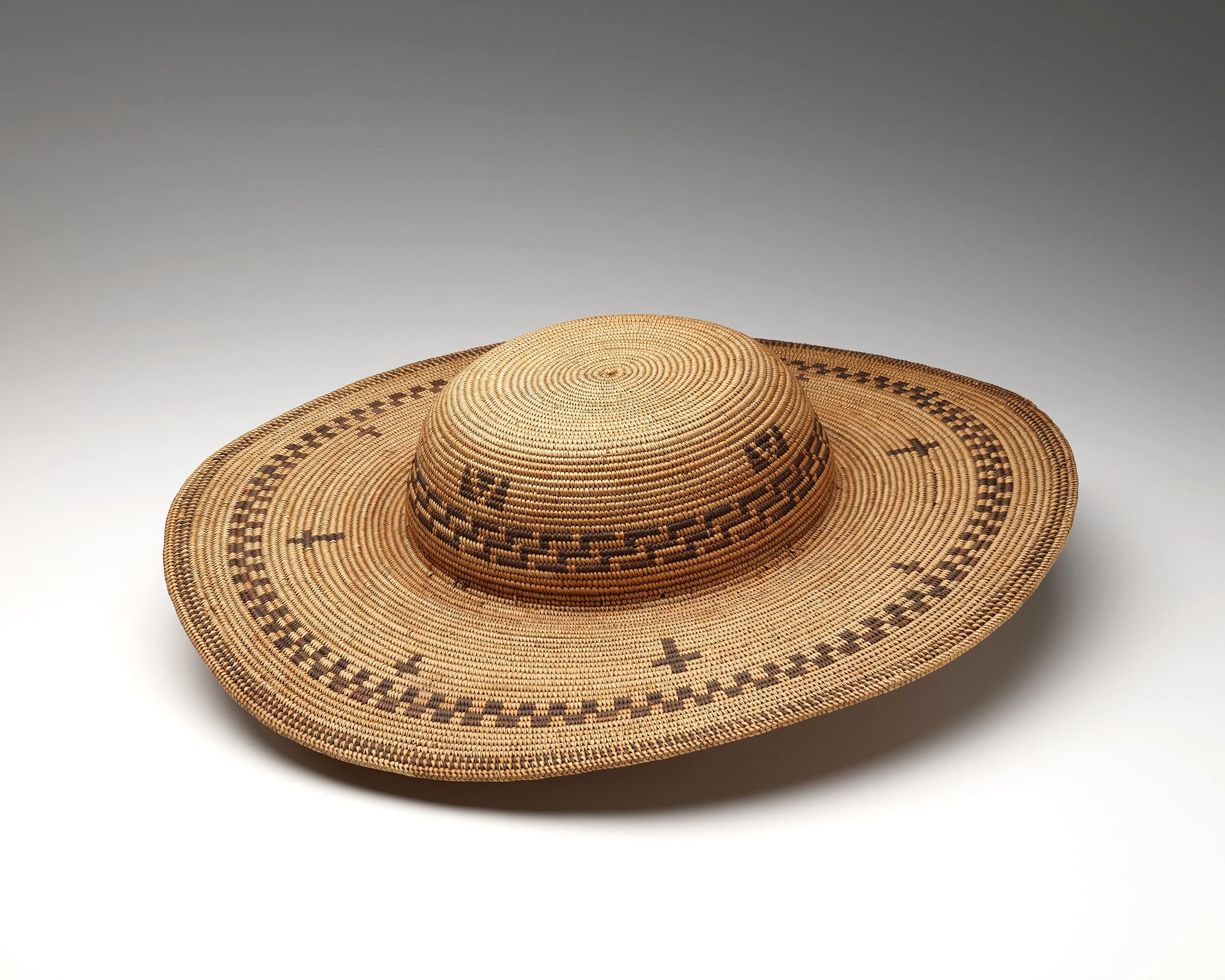Visiting the British Museum: A Cultural Reconnection
In a significant cultural exchange that began in Autumn 2023, Rose Taylor from the British Museum initiated a collaborative project with Chumash communities from Southern California. The project focused on researching Chumash cultural belongings currently stewarded at the Museum, working closely with community members to deepen understanding of these important artifacts.
Following initial work in California—described as both significant and emotional—the project continued with a visit by Coastal Band Chumash representatives to the British Museum from April 28 to May 2, 2024. The delegation included respected Coastal Band weavers and cultural educators Cristina Gonzales, Tima Lotah Link, Julia Cordero, Alicia Cordero, and Patricia Gonzales.
The majority of their time was spent at the Museum's collections site in East London, where they engaged directly with Chumash cultural belongings. The collection includes a diverse array of items representing Chumash heritage: cooking and fishing instruments, bone and stone tools, flints, pipes, shell jewelry, a tomol (traditional Chumash canoe) paddle, and a notable collection of Chumash basketry.
The visit culminated in a presentation to British Museum staff, where the Chumash delegates shared insights about their material culture and contemporary experiences, providing valuable context for these cultural treasures and strengthening the connection between the Museum and the living Chumash community.
“The baskets felt deep asleep when we arrived… snoozing in their trays and boxes. We brought songs and laughter and touches and we hope it woke them up–feeling like they were surrounded by home and family. We consider baskets and other objects to be our relatives, so visiting them in the British Museum collection was a way for us to reunite as a family: remind them they're not forgotten, sing to them, be in community together, and give them back their real names in our language. Being able to bring our knowledge in order to change 'basket made of vegetable fibre' to ‘axtapši'li (cooking basket) made of syit, taš, šwoštolk’oy, and šu'nay' is so incredibly healing for both us and the baskets.” - Tima




